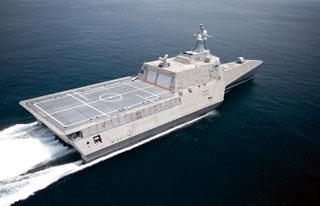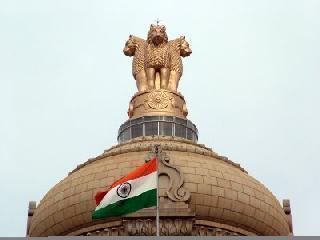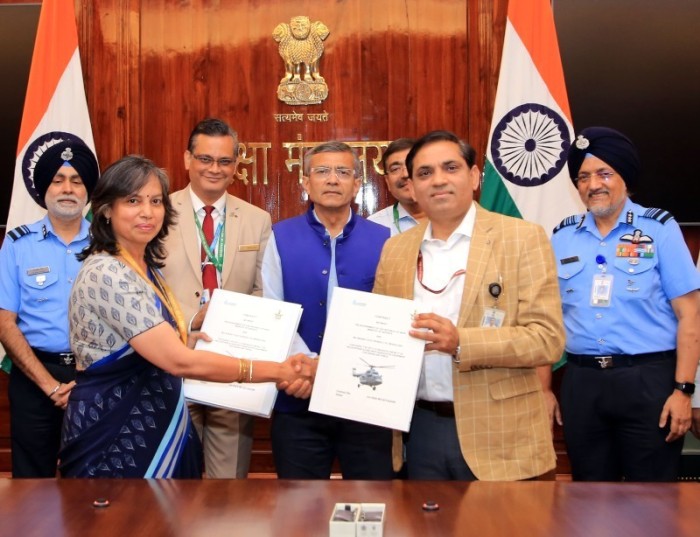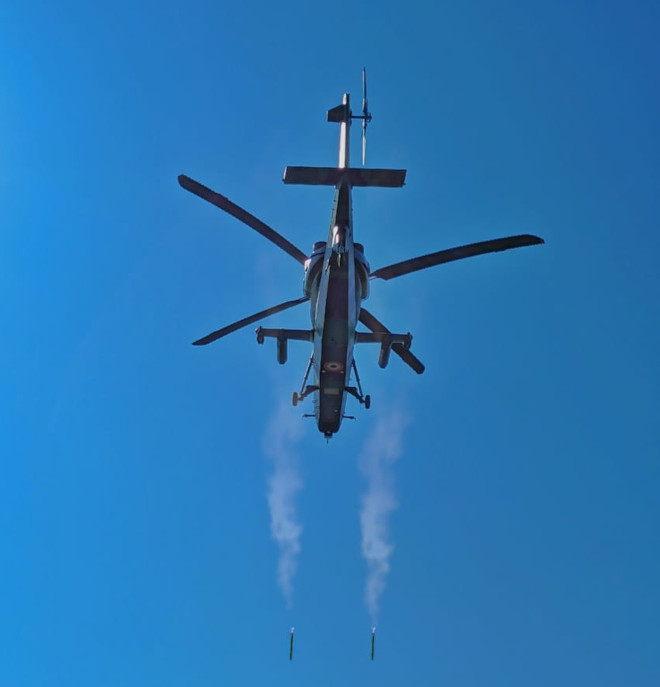
WASHINGTON (BNS): The US Navy has awarded a contract worth around $1.4 billion to Lockheed Martin and Austal USA to build four more Littoral Combat Ships (LCSs).
While Lockheed received $699 million to build two more of the single-hull configuration LCS, the contract amount for Austal was $684 million to build two more of the trimaran variant (three hulls side by side) of the warship.
For both Lockheed and Austal, the latest contract is for the seventh and eighth in a 10-ship contract each awarded to them in December 2010.
Work on the two Lockheed-built ships, LCS 17 and LCS 19, will be completed by August 2018, while that on the Austal-built LCS 18 and LCS 20 by August that year, Pentagon said.
The US Navy so far has received four LCSs -- USS Freedom (LCS 1), USS Independence (LCS 2), USS Fort Worth (LCS 3) and Coronado (LCS 4). LCS 4 is scheduled to be commissioned next month.
The LCS, being developed in two variants, has been envisioned as a versatile, networked, agile, surface combatant vessel capable of defeating anti-access and asymmetric threats in the littorals.
While Austal is building the Independence-class aluminum trimaran LCSs, Lockheed Martin is developing the Freedom-class semiplaning monohull ships.
The US Navy had earlier intended to acquire a total of 52 such ships, but recently announced budgetary curtailment has set the limit for procuring 32 LCSs even as Pentagon plans to reevaluate the entire programme before the fiscal year 2016 budget submission.
 Previous Article
Previous Article Next Article
Next Article












The Indian Air Force, in its flight trials evaluation report submitted before the Defence Ministry l..
view articleAn insight into the Medium Multi-Role Combat Aircraft competition...
view articleSky enthusiasts can now spot the International Space Station (ISS) commanded by Indian-American astr..
view article